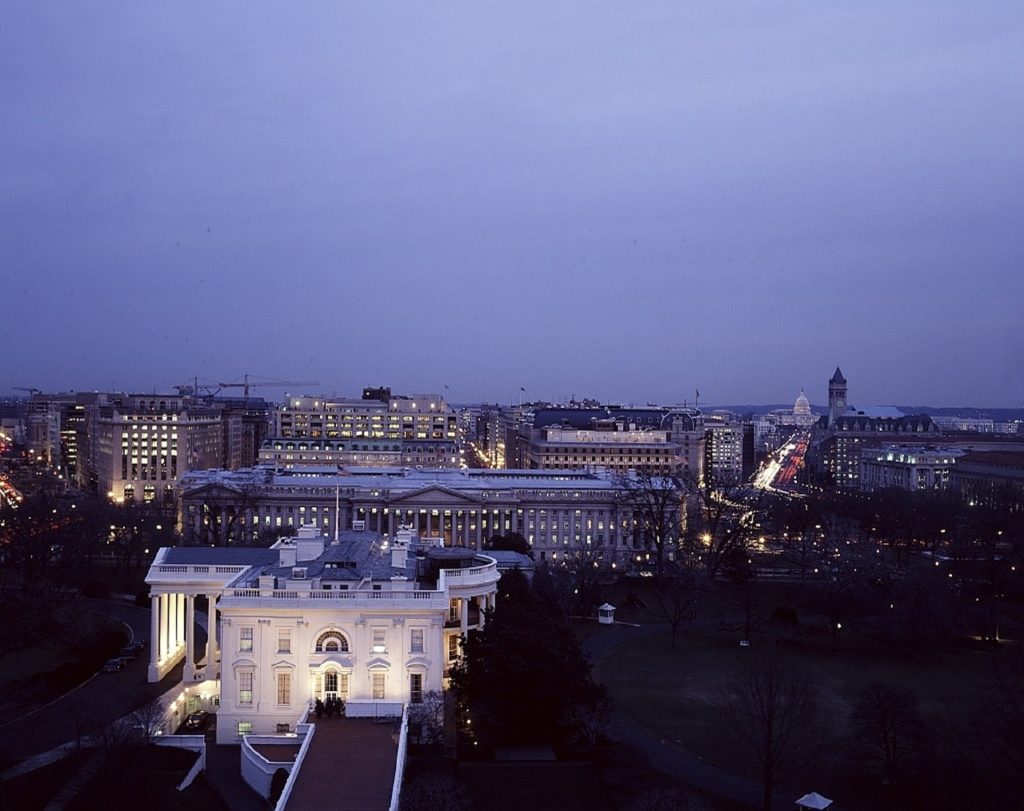The Peninsula
Should the U.S. Delay Announcing the Results of its North Korea Policy Review?

By Troy Stangarone
While the Trump administration has upended established expectations in regards to U.S. relations with Europe, China, Mexico, and for international economic policy, North Korea is perhaps the one area where the administration has taken a largely conventional approach. Reflective of the seriousness with which the administration takes the North Korea challenge, it is also one area where the administration is undertaking an extensive policy review before putting forward a policy. With the review set to be concluded by the end of this month, how should the administration proceed?
For much of the last decade, U.S. policy has been to preclude there being any daylight between Seoul and Washington when it comes to North Korea. With President Trump’s general inclination to reshape relationships and the impeachment of Park Geun-hye precipitating a snap election for a new president on May 9, the prospect exists for the United States and South Korea to find their preferred policy options out of alignment.
While the review is incomplete, U.S. Secretary of State Rex Tillerson on his recent trip to Seoul may have hinted at some of the conclusions that the review has reached. In his remarks, he stated that the policy of strategic patience has ended and didn’t preclude the possibility of the U.S. taking pre-emptive action against North Korea. He also indicated that the United States was not interested in negotiating a freeze of North Korea’s nuclear program, but rather would only enter into talks to end North Korea’s nuclear weapons and missile programs. These are not significant breaks from current U.S. policy, and likely indicate that the review will lead to reenergized efforts to put international pressure on North Korean rather than an abrupt change of direction.
In ordinary circumstances, there would be no need for the new administration to delay the rollout of its North Korea policy, but with South Koreans heading to the polls on May 9 and the new government set to come into office immediately thereafter, it might be prudent to withhold any official pronouncements until after the new South Korean government is in place.
There would be three clear advantages for the United States in refraining from immediately announcing the results of its policy review. First, it would preclude the United States, rather than North Korea policy itself, from becoming a key focal point in the elections. Second, it would avoid the perception that the United States was trying to foreclose options for the new government before it has come to power. Lastly, should there be difference in policy approach being considered in Seoul, it would allow the Trump administration and the new administration an opportunity to work out their differences in private before either party announced a new policy.
One of the most certain ways that North Korea would succeed in its attempts develop nuclear weapons and an intercontinental ballistic missile capable of reaching the United States would be through divisions in the U.S.-Korea alliance. If delaying the results of the U.S. policy review for two months helps to ensure that there continues to be no daylight between U.S. and South Korean policy on North Korea, that would be a small price to pay to maintain the unity of the U.S.-ROK alliance.
Troy Stangarone is the Senior Director for Congressional Affairs and Trade at the Korea Economic Institute of America. The views expressed here are his own.
